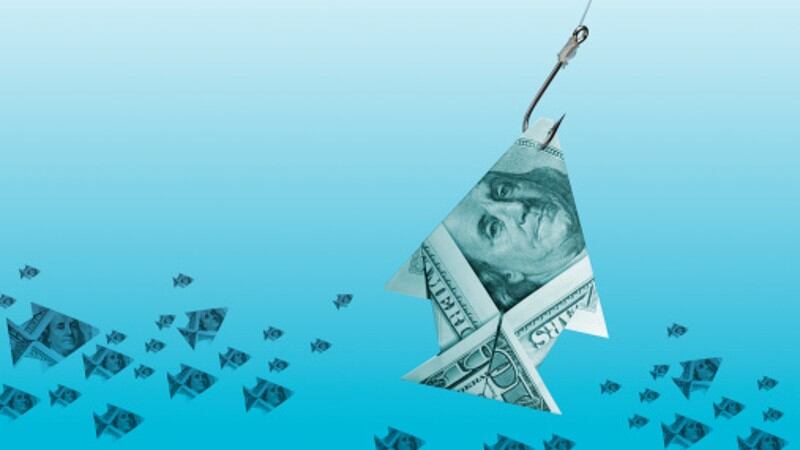Thai Union is one of Thailand’s major pioneers in Blue Finance and aims to have a whopping 75% of its long-term funding converted to come from this source by 2025 – ambitious, but definitely doable, according to the firm’s Group CFO Ludovic Garnier.
“Blue Finance refers to basically any activity to implement sustainability for life below water,” Garnier told FoodNavigator-Asia.
“Compared to the more well-known Green Finance, Blue Finance is much less advanced so far but there are now more frameworks emerging led by global organisations such as the UN and WWF, so it is definitely progressing.
“The main thing needed now is a global framework to coordinate sustainability-linked loans (SLLs) globally, and also make it easier to do things such as defining goals and targets for Blue Finance – but this is a work in progress and we are working with these organisations to make it happen.”
A major area of progress recently seen in Thailand has been regulatory changes to SLLs and sustainability-linked bonds (SLBs) in the country, which has now made it possible for the industry to grow much faster locally.
“The previous regulations were very limiting for SLLs and SLBs, which made things very hard especially with Thai Union’s ambition to convert 75% of our long term funding to Blue Finance – but since 2021 there has been a change in regulations allowing more of these sustainability tools to be used,” Garnier said.
“There are many different tools that can be used in Blue Finance, with SLLs and SLBs being the most well-known, but with Thailand now being more accepting of sustainability-linked finance from a regulatory perspective, this means that we can be creative in how we encourage sustainable initiatives.
“This is important not only for Thai Union to achieve our 75% target, but also for the advancement of Blue Finance and sustainability-linked finance as a whole in Thailand.”
When asked whether Thai Union had any plans to push the envelope even further and perhaps one day move to 100% Blue Finance funding, Garnier acknowledged that this was theoretically possible but too soon to commit to.
“Full 100% Blue Finance funding is a feasible theory for sure, but right now it is not the target – the target is to move to Blue Finance in a large way and when other entities see this big move, we hope this will influence more of them to do the same thing,” he said.
“We are not yet sure whether after 2025, things will still be the same and this is still feasible – right now the tools are very popular but in two to three years, things may have changed.”
Challenging for smaller firms
Thai Union is pioneering Blue Finance in the country and hoping to get more firms to follow in its tracks, but Garnier also acknowledged that there are some major challenges still facing firms who want to make this change, particularly smaller companies.
“There are several things that are very crucial when making this change – first they will really need the ambition and commitment especially from up top, then there will be a lot of data that needs to be prepared and submitted for analysis, and there must be a well-managed reporting process as well as the required human resources to do all this,” he said.
“So thus far I see mostly only large companies will be able to do this. It’s been hard for a large firm like Thai Union as it is, I think it would be even harder for the SMEs – but I have seen some new developments making it easier for them to participate e.g. some new ecosystems and government schemes so there is progress.
Thai Union believes that this is truly the way forward to keep the industry sustainable, and has also offered up some advice for others looking to start in Blue Finance.
“First of all, transparency and traceability is going to be very important as it will be all about data, so things like e-monitoring on fishing vessels and human observers are going to be crucial,” Garnier said.
“Then when it comes to the validation process – the important thing is to make sure that the sustainability KPIs set and met are really justified and valid, as it is very important to not end up with issues like green-washing or in this case, blue-washing.
“So to do this, it is absolutely necessary to have the data and results challenged and validated by a neutral third party – only when this is done will the KPIs and targets be really attractive for investors and lead to successful fundraising.”





